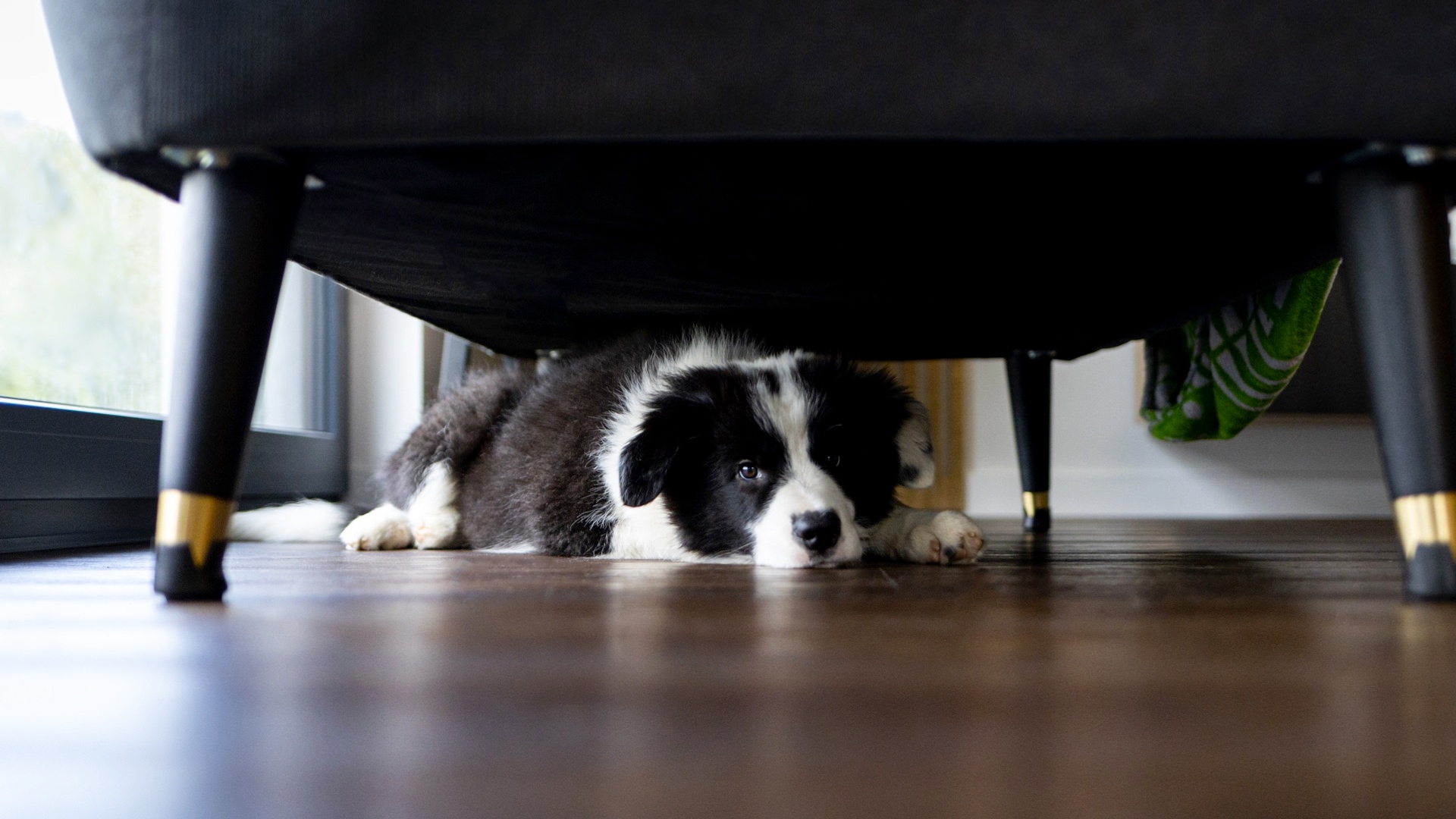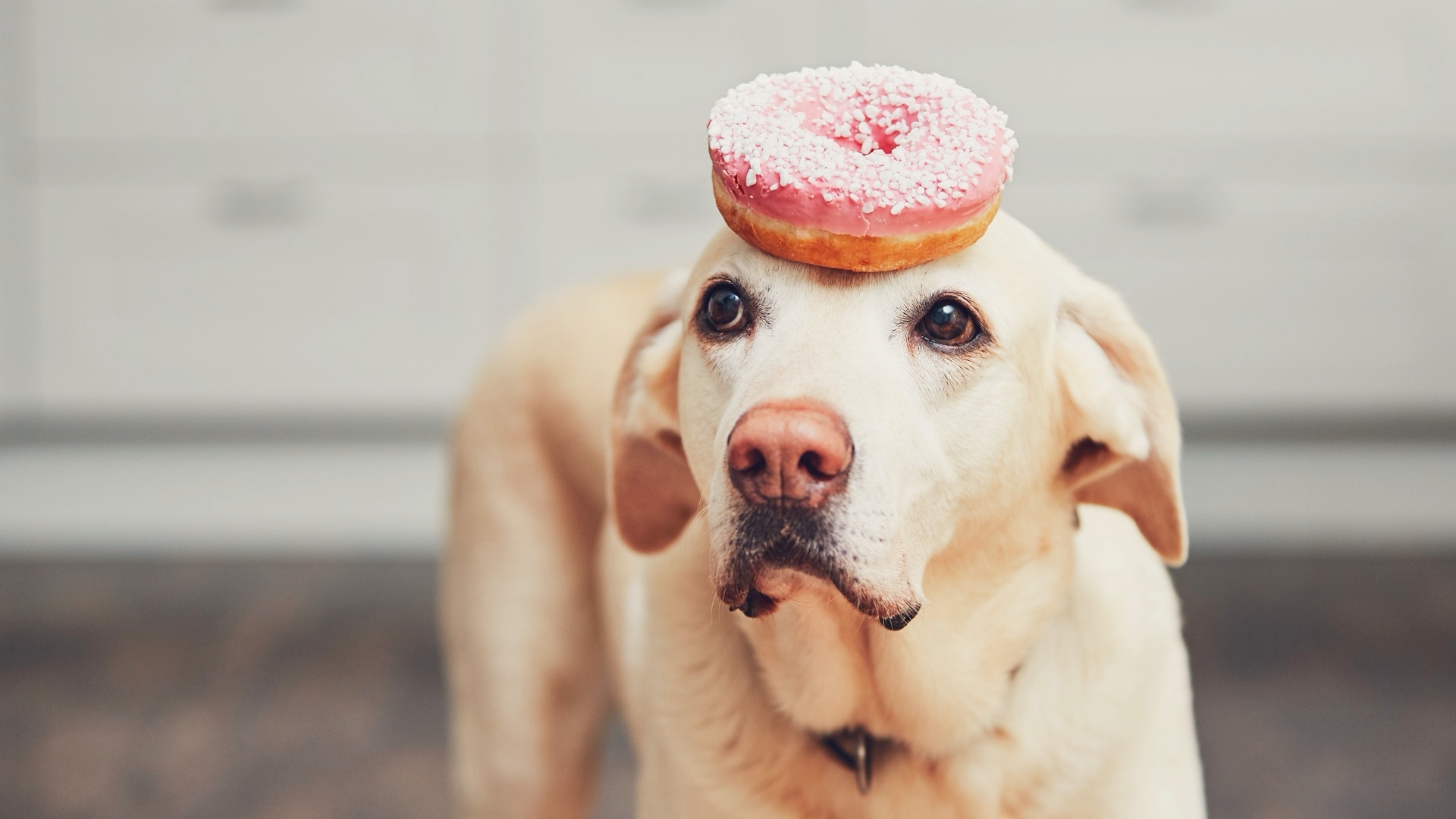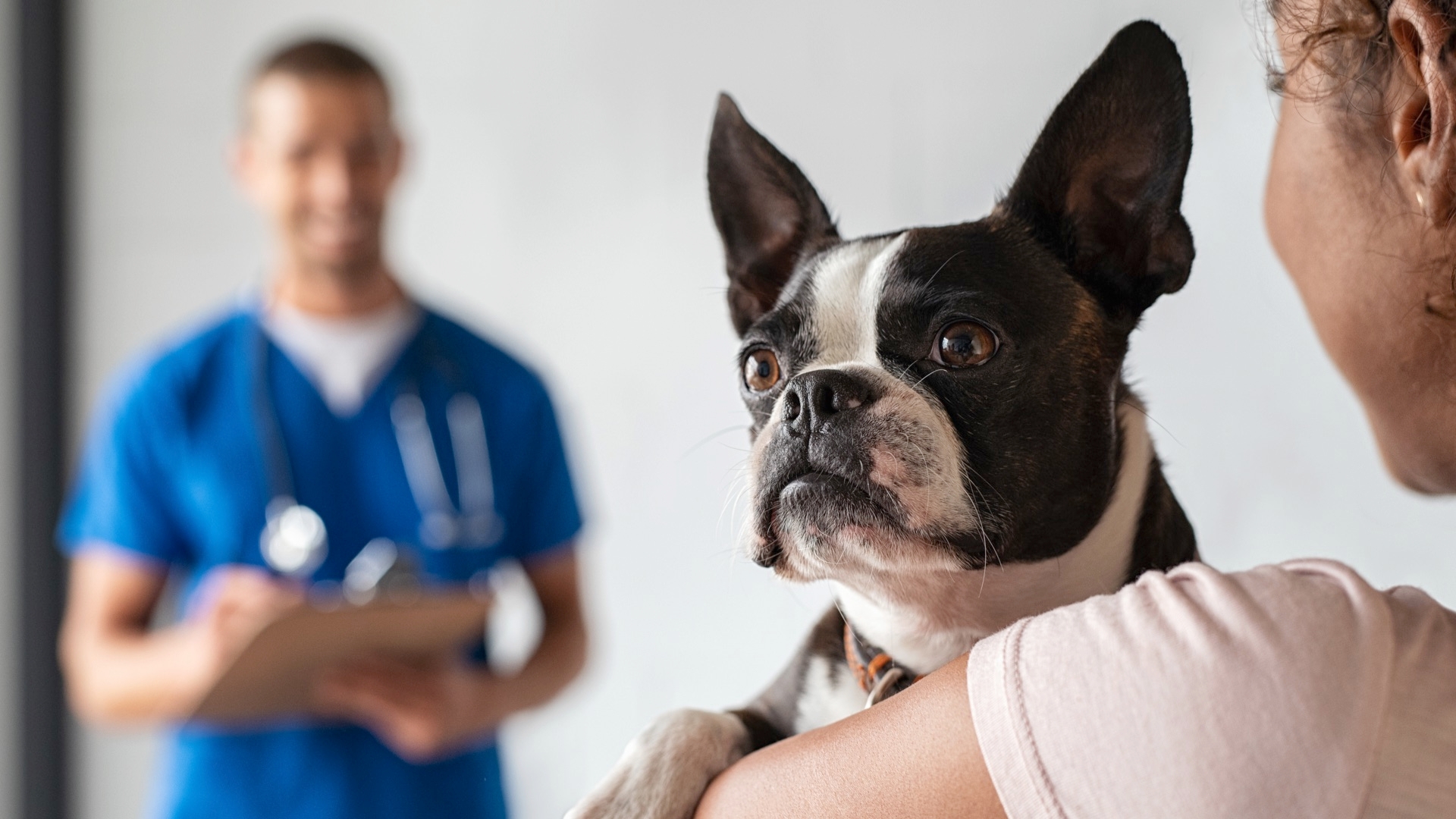Dog:
The tag "dog" relates to: canine, cat, dog training, health, pet health, pet training, pets, responsible pet ownership, tips, and training. For more tags, view our complete tag index.
The following blog entries have been tagged "dog".
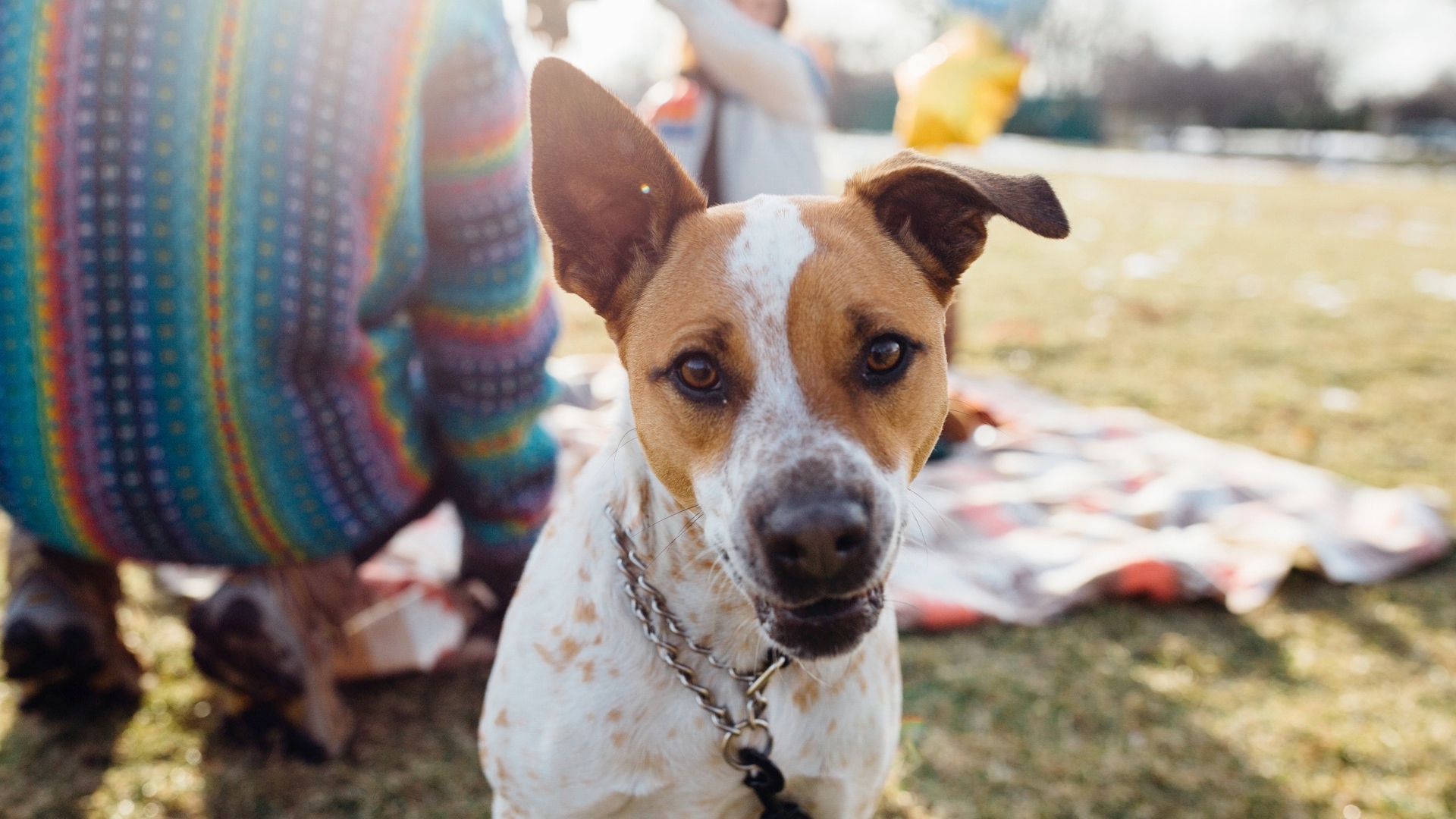
What does your dog expect from you? Most dogs need and want a leader. Dogs are social animals and like being part of a group, but every group must have a leader to prevent chaos. For your dog to feel relaxed, he needs to know that someone is in charge. If you don't take on the role of leader, your dog may feel that he has to fill the position.
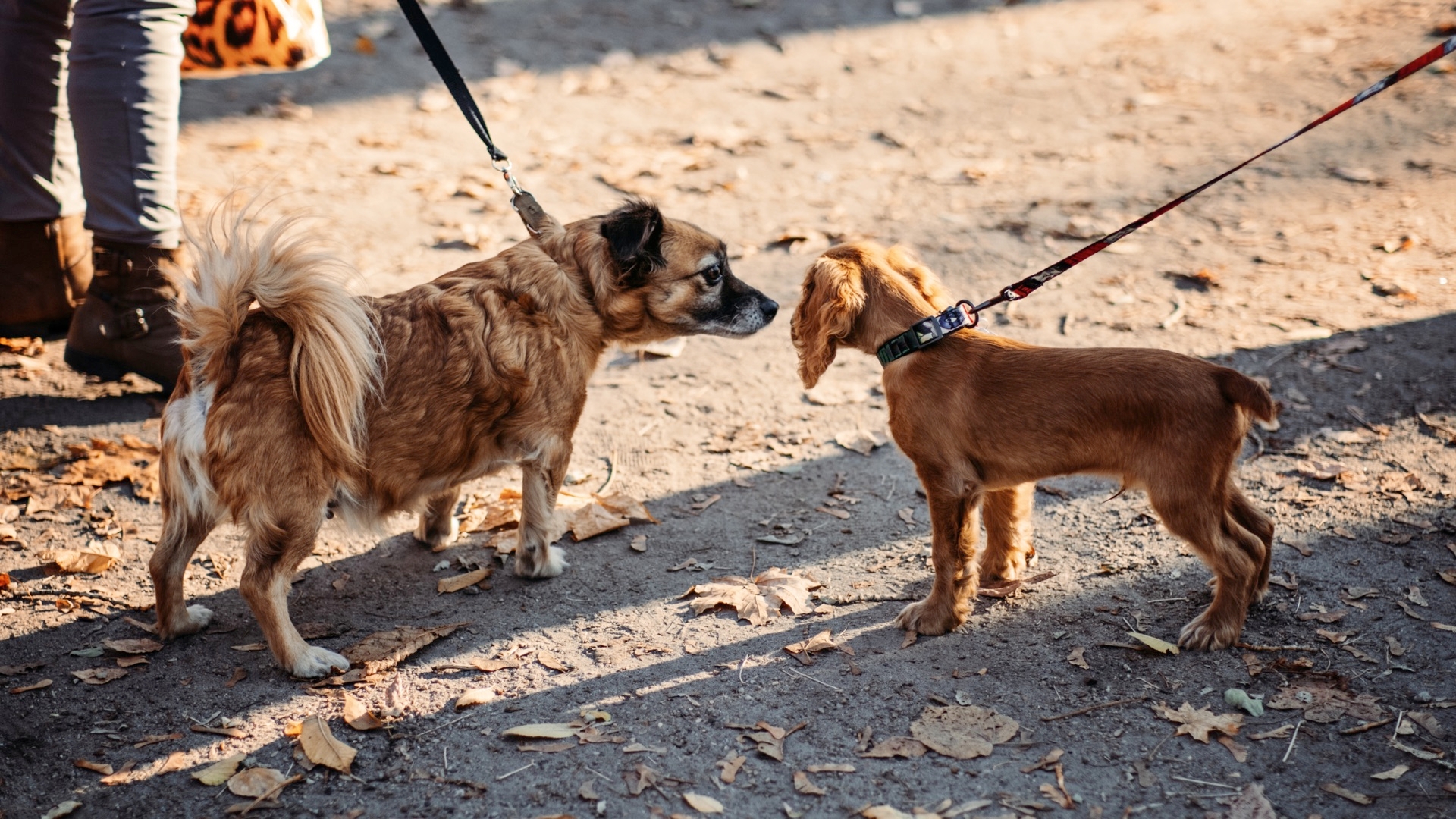
If you have a dog and a new one will be entering or visiting your home, there are things you can do to ensure that the meeting goes off without a hitch. A new dog can mean you are bringing home a foster or a new family member, someone who has a dog is moving into your house, or someone is visiting with a dog.
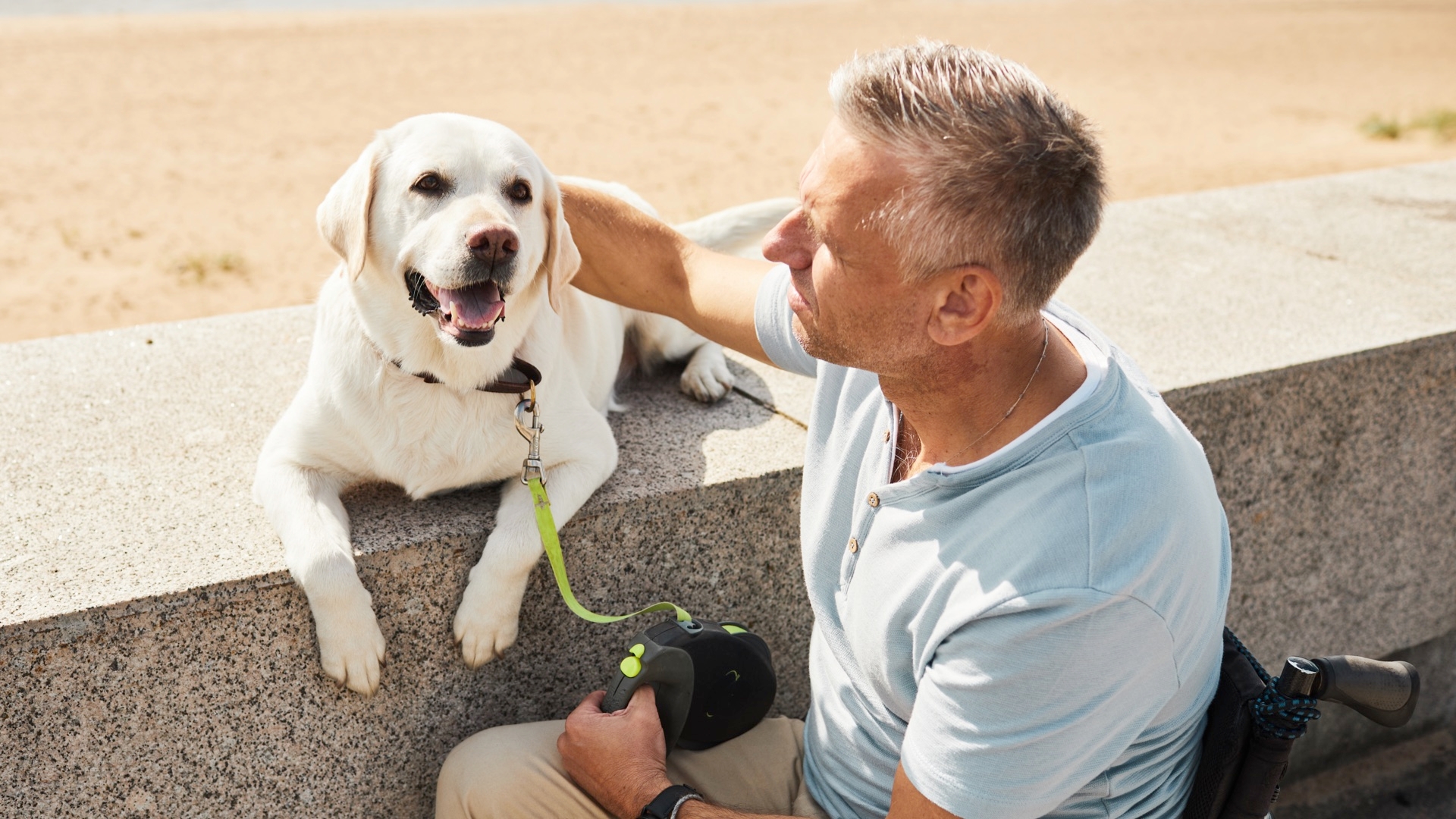
People with weakened immune systems are more likely than other people to get certain diseases, including those that animals can carry. A weakened immune system can be caused by a genetic condition, an illness such as HIV/AIDS, cancer, or kidney disease; or a treatment such as an organ transplant or radiation therapy. In addition, some medicines can weaken the immune system, including steroids, cancer chemotherapy, and drugs used to treat autoimmune diseases like rheumatoid arthritis or psoriasis.
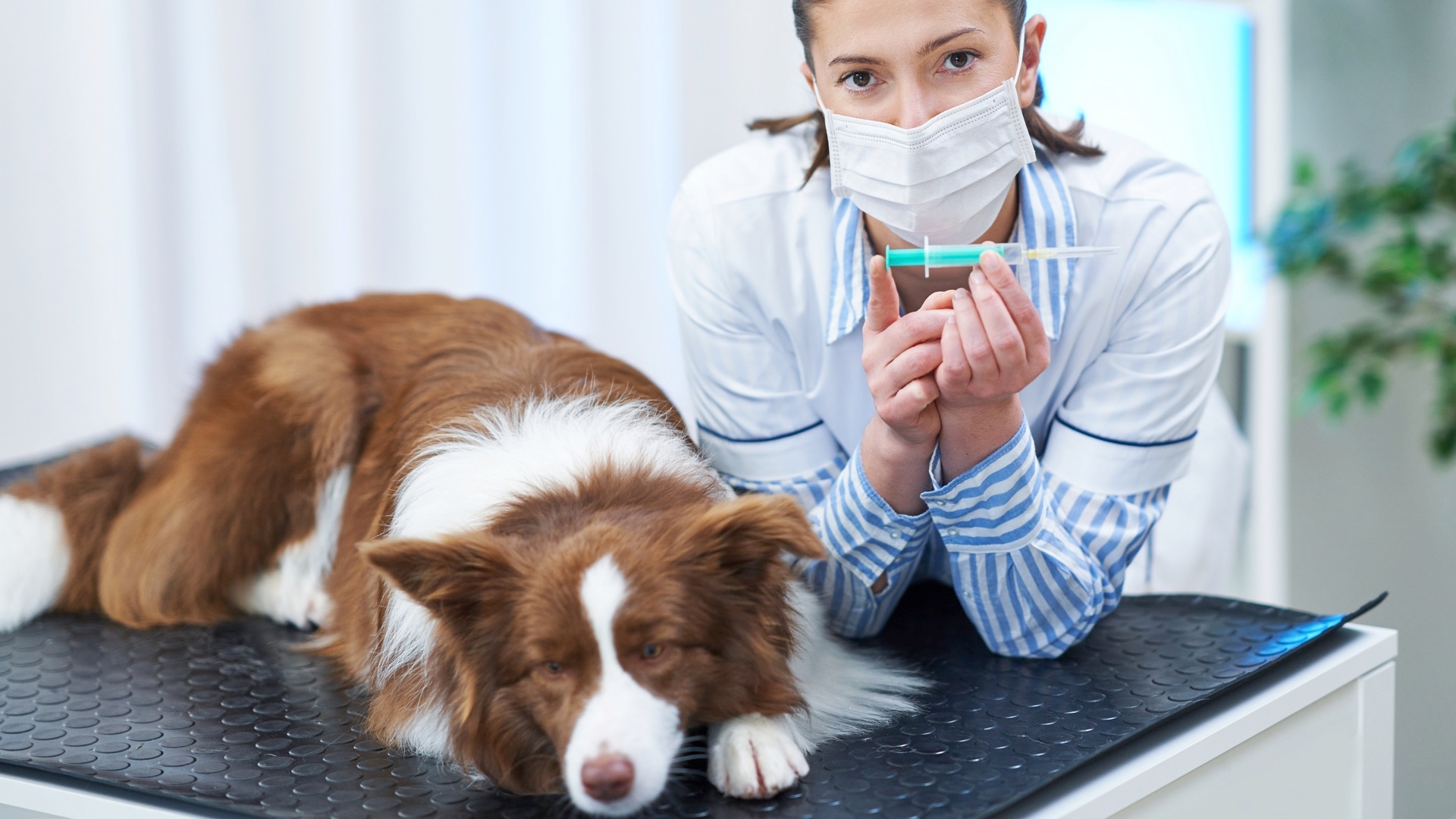
Vaccines help prevent many illnesses that affect pets. Vaccinating your pet has long been considered one of the easiest ways to help him live a long, healthy life. Not only are there different vaccines for different diseases, there are different types and combinations of vaccines. Vaccination is a procedure that has risks and benefits that must be weighed for every pet relative to his lifestyle and health. Your veterinarian can determine a vaccination regime that will provide the safest and best protection for your individual animal.

Pets share our space and breathe in a large amount of the 7,000 chemicals found in cigarette smoke. This smoke can also cover the fur and feathers of pets, which they can eat when they groom themselves. Secondhand Smoke comes from a variety of tobacco products like cigarettes, electronic cigarettes (e-cigs), cigars or pipes.
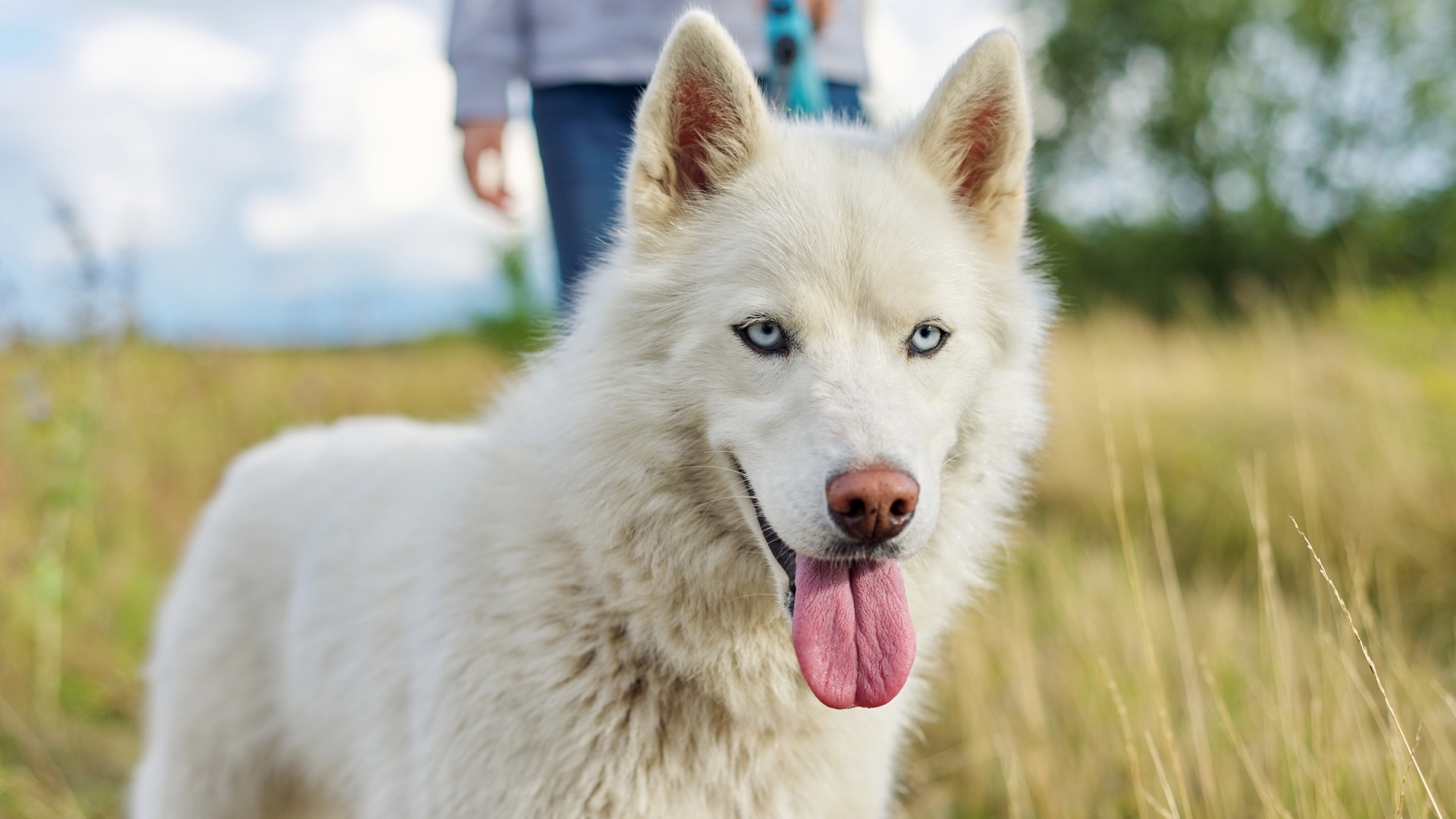
Transitioning a new dog into a new home and environment takes time and patience to do it right, but there are ways to manage introductions that can help ease the process. Being proactive will be far more helpful and faster in the long run than being reactive. Here are some general ways to help and please note: your new dog may have more specific information and instructions that you should always follow.

